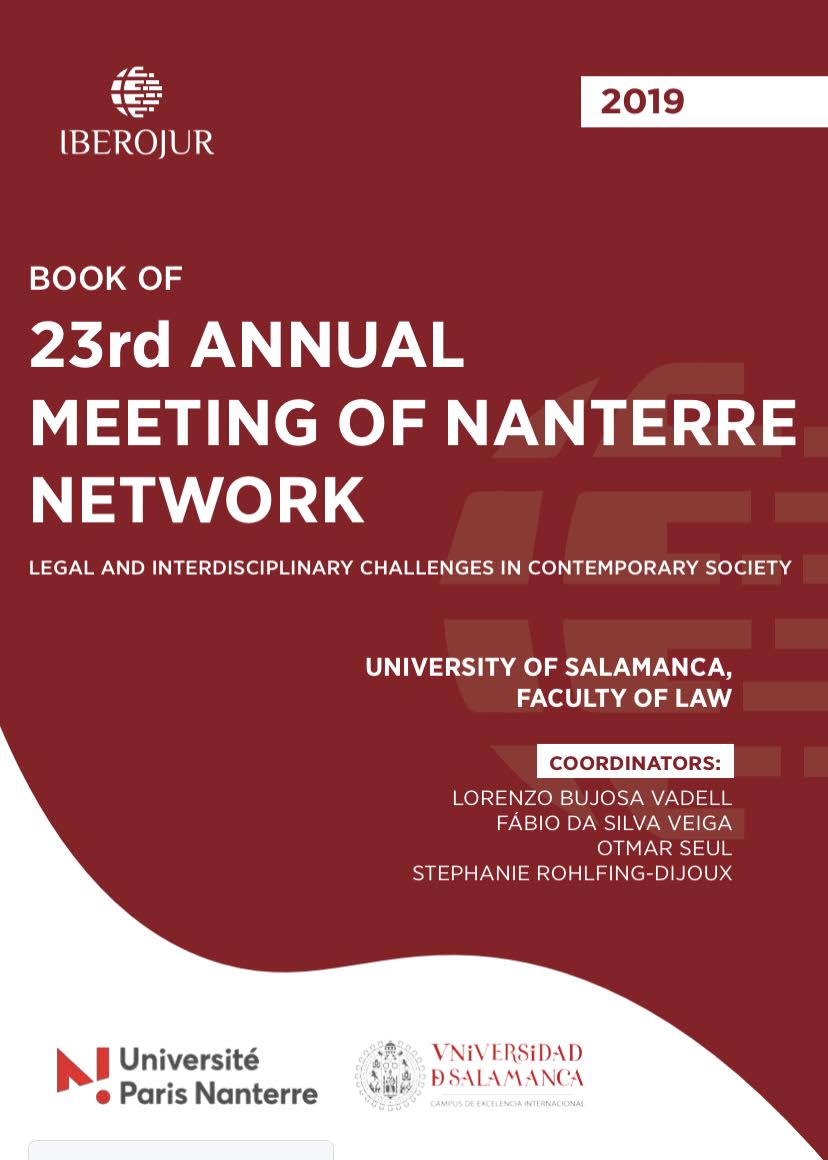E-book 23º Annual Nanterre Network 2019
O preço original era: €5.00.€2.50O preço atual é: €2.50.
E-book of 23º Annual Meeting of Nanterre Network.
Languages: English, Portuguese, Spanish.
Coordenators: Lorenzo Bujosa Vadell; Fábio da Silva Veiga; Otmar Seul; Stephanie Djoux.
LEGAL AND INTERDISCIPLINARY CHALLENGES IN CONTEMPORARY SOCIETY
Faculty of Law, University of Salamanca. Salamanca
Edition from 2019.
ISBN: 978-84-09-04895-3
Descrição
[vc_row][vc_column]
Presentation
A EUROPEAN NETWORK OF ACADEMIC COOPERATION
Since the 1990s, we created and developed a European network of academic cooperation (Nanterre network) in order to settle the French-German integrated curriculum in the European Higher Education and Research Area, to give its graduates access to international careers and in order to promote French and German language and legal cultures in Europe. This (informal) network, especially based on the Erasmus-Socrates agreements and regrouping more than 40 partner universities, was formed in three main steps:
1° by integrating the Law Faculties of the Humboldt University in Berlin, of Halle- Wittenberg, of Potsdam, of Dresden (TU) and other universities of the new Länder in 1990 after the German unification;
2° by opening the network to universities of Central and Eastern Europe (Poland and the Baltic States in particular) as soon as in 2000, in some cases before they even joined the EU in 2004;
3° the last to join in 2006 were the Turkish universities (among them the Universities of Istanbul, Galatasaray, Yeditepe, and Bilgi), which belonged to a country still preparing to enter the EU.
Since 1995, annual meetings have taken place in Nanterre/Paris, Siena, Berlin, Halle, Pamplona, Prague, Vilnius, Lodz, Riga, Paris, Fribourg (Switzerland), Istanbul, Sevilla, Barcelona/ Andorra, Berlin, Lisbon, Vienna, Dresden, Zurich, Bialystok.
Since the Bologna Declaration (1999), during these meetings, delegates from partner universities address the issue of the adaptation of their own national Higher Education system to the European standards.
Coupled with a colloquium or a workshop, these meetings also lead to discussions about the broad tendencies of the ongoing law harmonization in EU countries.
In 2004, as the EU extended to countries of Central and Eastern Europe, we had another innovative idea of creating French-German summer universities with other countries, focusing on the topic of European identity, of its assumptions and policies in the context of European integration and of globalisation.
[/vc_column_text][vc_separator color=”black”]
TABLE OF CONTENTS
The Importance of Interdisciplinarity While Investigating and Lecturing Domestic Violence Issues
Maria Elisabete Ferreira
A Empresa Para O Desenvolvimento No Brasil
João Otávio Gutinieki e Fábio da Silva Veiga
The Eu Ocean Governance: A Concise Analysis
Giorgio Gallizoli
Public Policies Of Implementation Of The Fundamental Rights Of Access To Justice In Brazil
Fabrício Veiga da Costa and Deilton Ribeiro Brasil
The Use of The Institute of Party Loyalty in The Process of Impeachment
Álvaro Ricardo de Souza and Lorena Nascimento Ramos de Almeida
A Interdisciplinariedade no Direito Economico Ambiental como Forma de Evolução da Conjunção Direito e Economia
Claudia Ribeiro Pereira Nunes e Priscila Elise Alves Vasconcelos
Obtaining an Enforceable Title for Uncontested Monetary Claims: Parallels Between Macedonian and Spanish Law
Tatjana Kamilovska And Milka Rakočević
Riverside Population in Amazonas and Inequalities in Access to Health
Isabela Moreira do Nascimento
Doctoral Thesis Abstract: The Principle of non-confiscation for Taxation Matters
Gilberto Atencio Valladares
A Formação Econômica do Brasil: A Manutenção Agrícola Colonial e o Papel do Direito como Vetor de Mudança
Murilo Couto Lacerda e Carolina Merida
O Encarregado da Proteção de Dados à Luz Do Rgpd (Breves Notas)
Karenina Carvalho Tito
Acesso à Educação e Rendimento Social de Inserção: Efeitos na Escolarização das Crianças e Jovens Ciganos
Daniel Fernandes Gomes
The Citizen’s Basic Income as a Fundamental Right in The Brazilian Legal System
Thiago Santos Rocha
Investment Arbitration and Eu’s Credibility as an Economic Actor
Marta Vicente
Violações Contemporâneas aos Direitos Humanos: A Violência Contra as Mulheres no Brasil e na União Europeia
Ana Cláudia Augusto Pinheiro e Ana Cristina Augusto Pinheiro
Revisiting the Paradigm of Private Sphere on Personal Data Protection in The European Union – A Portuguese Approach
Inês Pereira de Sousa
A Vulnerabilidade de Mulheres e Crianças na Migração Forçada e os Tratados Internacionais de Proteção dos Direitos Humanos nos Sistemas Jurídicos: Luso- Brasileiro
Ricardo Cotrim Chaccur e Ana Paula Garcia Silva
[/vc_column_text][/vc_column][/vc_row]
Tem de iniciar sessão para enviar uma avaliação.


![[E-book] A proteção do meio ambiente e o direito ao desenvolvimento sustentável Ibero-americano em tempos de COVID-19](https://iberojur.com/wp-content/uploads/2021/09/LivroAmbiental-publicidade-300x300.png)
![[E-book] A ética jurídica na era digital](https://iberojur.com/wp-content/uploads/2022/05/capa-livro-Ethosdig-600-×-841-px-300x300.png)




Avaliações
Ainda não existem avaliações.